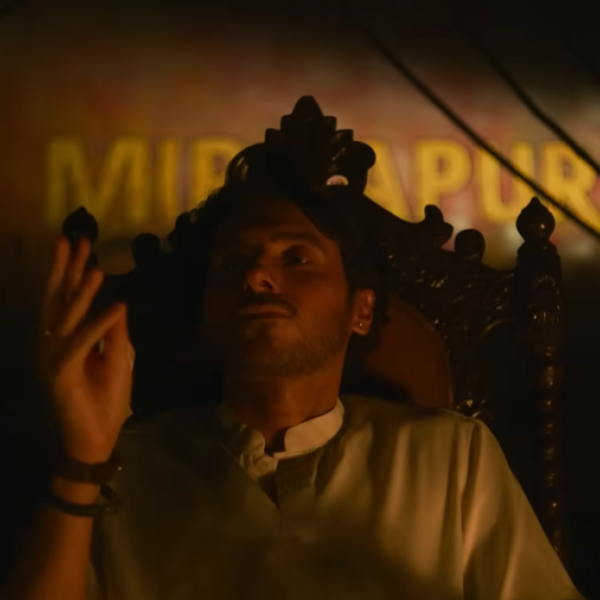
When Warner Bros decided not to release the completed Batgirl film and opted for a tax write-off, it created shockwaves in the industry. The move seemed unprecedented as the studio had already invested nearly $100 million in the superhero movie. WB repeated this decision with the Coyote vs Acme film, prompting industry discussions. Facing pressure, the studio allowed filmmakers to explore other distributors for Coyote vs Acme, rather than shelving it. However, such decision-making has become common in the Indian streaming industry, as reported by the Washington Post.
Streaming giants like Netflix and Prime Video often request extensive changes to stories dealing with politics, caste, and religion, and sometimes they abandon projects entirely. Anurag Kashyap, whose ambitious three-part adaptation of Suketu Mehta’s Maximum City was abandoned by Netflix, expressed frustration, asking why these projects were greenlit in the first place.
Netflix also scrapped plans to release director Dibakar Banerjee’s completed film Tees, which reportedly explores a Kashmiri family’s struggles in contemporary India. Banerjee had shot the film in 2020 and delivered it to Netflix last year. After months of vague communication, Netflix informed him that they would not proceed with the release. They cited uncertainty about the right time for the film’s release as the sole reason. Banerjee was allowed to show the film to potential buyers but not at film festivals.
Netflix also canceled director Vikramaditya Motwane’s documentary Indi(r)a’s Emergency, despite investing over $1 million in the project. The streaming giant got cold feet due to parallels drawn between the documentary and the current government’s tactics. Netflix relinquished the rights to the film.
Ironically, all three of these directors played pivotal roles in launching Netflix in India. Motwane and Kashyap collaborated on Sacred Games, and Kashyap also worked on anthology films like Lust Stories and Ghost Stories with Banerjee.
Netflix responded with a statement, emphasizing its broad range of Indian original films and TV shows, reflecting support for creative expression.
The cancellation trend began with the political satire Gormint, which initially starred the late Irrfan Khan. Following the Tandav controversy, the series was shelved. Some scenes in the Prime Video show Tandav sparked outrage among a section of the right-wing, resulting in police complaints. These scenes were later removed from the show, and apologies were issued.
This controversy has had a significant impact on both Indian streaming platforms and the film industry. A shift towards more sanitized and passive content is being observed on many platforms.
Anurag Kashyap highlighted this change, stating that OTT platforms have become more cautious after the Tandav incident. A former Netflix employee echoed this sentiment, emphasizing the fear of repeating the mistakes made with Tandav.
Edited and Posted by Aarnik










